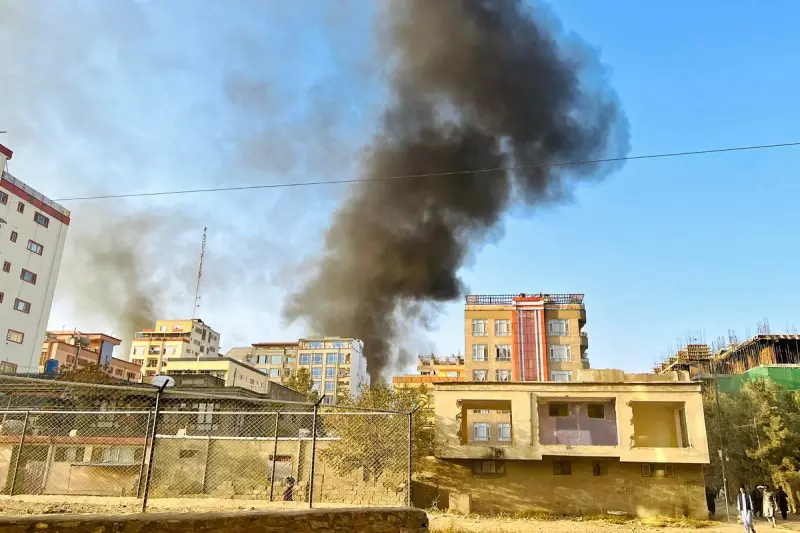
In a significant development for regional stability, Pakistan and Afghanistan's Taliban administration have agreed to a temporary ceasefire after days of intense fighting along their shared border. The agreement comes following clashes that resulted in multiple casualties and heightened tensions between the neighbouring nations.
Escalating tensions lead to diplomatic breakthrough
The violence erupted earlier this week when Pakistani airstrikes targeted alleged militant positions in Afghanistan's eastern provinces. Taliban forces responded with heavy weapon fire, creating one of the most serious confrontations since the Taliban returned to power in 2021.
According to security sources, the fighting resulted in at least eight casualties and marked a dangerous escalation in cross-border tensions. Both sides have accused each other of initiating the conflict and harbouring militant groups.
Ceasefire brings temporary relief to border communities
The agreement was reached after intensive negotiations between Pakistani officials and Taliban representatives. While details remain limited, both sides have confirmed the temporary nature of the ceasefire as they work toward a more permanent solution.
Local residents along the volatile border region reported a noticeable decrease in hostilities following the agreement, bringing much-needed relief to communities caught in the crossfire.
Ongoing challenges in Pakistan-Taliban relations
This latest confrontation highlights the complex relationship between Pakistan and the Taliban government. Despite Pakistan's historical ties to the Taliban, relations have deteriorated significantly over security concerns and cross-border militant activity.
Pakistan has repeatedly called on the Taliban administration to prevent militant groups from using Afghan territory to launch attacks against Pakistani security forces. The Taliban government has consistently denied these allegations while demanding Pakistan respect Afghanistan's sovereignty.
Regional implications and future prospects
The ceasefire represents a crucial step toward de-escalation in a region already grappling with multiple security challenges. International observers are closely monitoring the situation, recognising the potential for broader regional instability if conflicts persist.
As diplomatic efforts continue, both nations face pressure to address underlying issues that have fueled tensions. The success of ongoing talks will likely determine whether this ceasefire evolves into a more sustainable peace agreement or proves to be another temporary pause in a protracted conflict.
Security analysts warn that without addressing root causes, including militant safe havens and border management disputes, future clashes remain inevitable. The international community continues to urge dialogue and peaceful resolution to prevent further escalation in this strategically important region.





